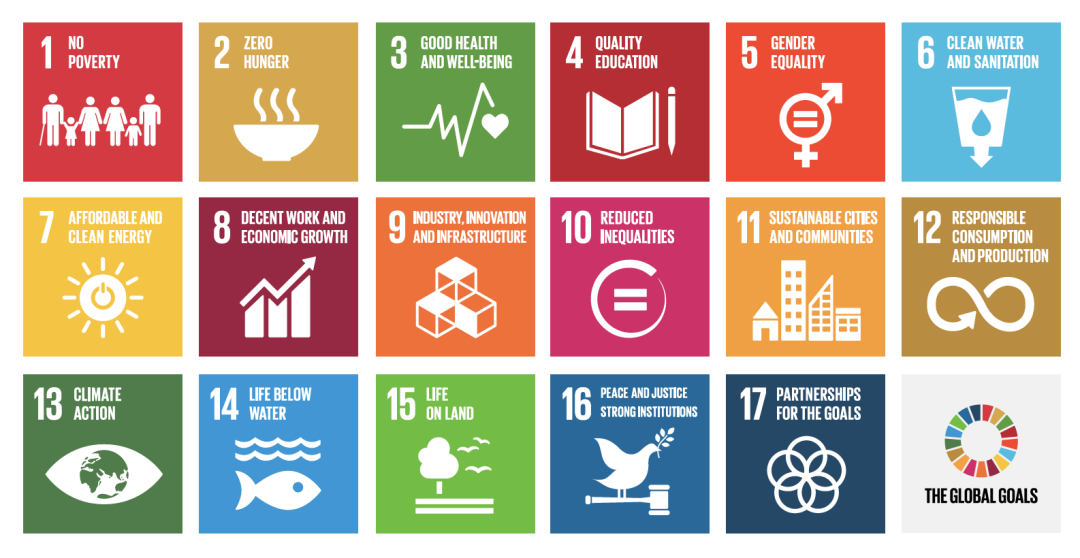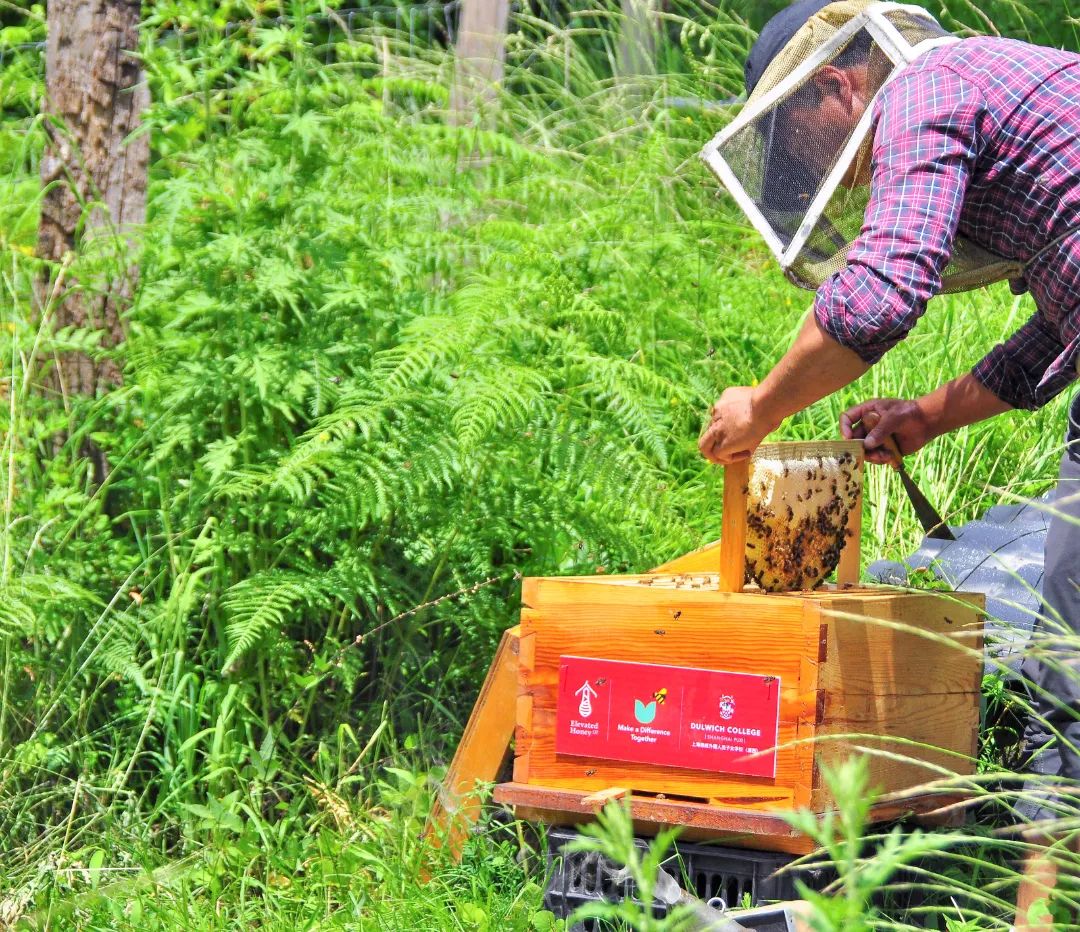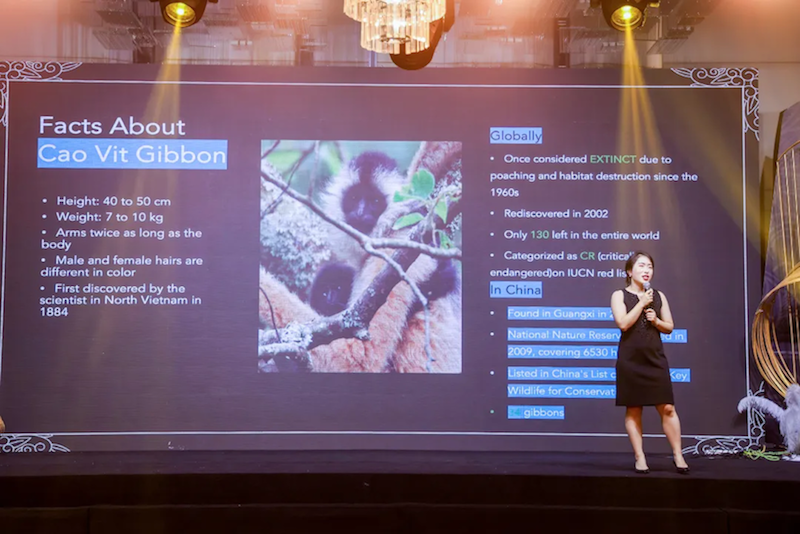Dulwich Difference: Worldwise Leaders in Global Citizenship
In the first feature of the 'Dulwich Difference' series, we explore the significant role of Global Citizenship in education through the lens of Ellah Pabito, our Global Citizenship Lead. She illuminates the transformative journey of our students—from their early years as eager learners to becoming conscientious global citizens, ready to navigate and contribute to the world with confidence and empathy. This series unveils how Dulwich cultivates a global mindset and compassionate outlook, preparing our students for the challenges and opportunities of the interconnected world.
Ellah Pabito
Global Citizenship Lead
“At Dulwich College Puxi, Global citizenship is not just a subject or a lesson we teach an hour a week, it is heavily embedded in our curriculum, community, and our core values. Our Global Citizenship Competencies enable our students to become worldwise, making a difference at our school and communities.”
Embedding key competencies into overall academic excellence
To offer a holistic education that balances scholarly achievements with global awareness, we integrate our competencies factors into our teaching practices.
1. Conceptual Based Learning
We recognise that a deep understanding of key concepts is crucial for students to become global citizens. Therefore, our curriculum emphasises conceptual-based learning, which involves exploring fundamental ideas and encouraging students to connect concepts across different subjects and real-world contexts. We provide opportunities for students to engage in critical thinking, problem-solving, and application of knowledge through interdisciplinary projects and activities.
An example Y4 Term 1 Conceptual Question is ‘How does location impact the wealth of a city?’- this question opens the discussion of Social Injustice- allowing them to see the privileges they may have and the inequalities that surround them locally and around our world. Links to many global goals 1,2,3,4,5,6,9,11, 17.

2. Transfer Strategies
Transfer strategies are also integrated into our teaching practices. We understand that students need to be able to transfer their learning from one context to another to truly embody global citizenship. We design instructional activities that encourage students to apply their knowledge and skills in real-life situations, both within and outside the classroom. For example, we might create projects that require students to analyze global issues, propose solutions, and take action in their local communities.
Our Impact house days such as Earth Day, Sustainable Christmas Decoration and International Women’s Day, where we present real life world problems to the students and they take the whole day to plan, create and present their findings, reflecting on what they have made. Through these events, students gain a deeper understanding of sustainability, gender equality, and other important global issues.

3. Service Learning
Service learning is also a significant component of our approach. We believe that hands-on experiences can profoundly impact students' understanding of global issues and their commitment to making a positive change. Through service learning projects, such as volunteering in local communities or partnering with, students have the opportunity to apply their knowledge, engage with diverse populations, and contribute to sustainable solutions.
For example, we have partnered with Elevated Honey Co. which is dedicated to preserving traditional Asian beekeeping methods to produce the world’s purest honey from naturally occurring wild beehives, and their three goals include, enabling honey producers to make a living wage, offering a solution to environmental degradation and to provide consumers with safe and authentic production (beegirl.org). Students are involved in selling and promoting local and ethical businesses, like the Elevated Honey Project. This partnership not only supports sustainable practices but also provides students with real-life entrepreneurial experiences and a deeper understanding of ethical business practices.

Another example is about collaborating with Roots and Shoots, an organization focused on environmental conservation and community engagement. Students have the opportunity to raise money for meaningful causes and participate in projects such as the Gibbons project. This project involves studying and finding solutions to specific environmental problems, empowering students to take an active role in addressing global challenges.

Our service projects also allow them to transfer their knowledge-based understanding into real-life situations like transforming our outdoor spaces into green spaces where living things can thrive and flourish. These experiences not only foster their development as global citizens but also enhance their overall academic outcomes, as they gain a deeper understanding of the world and their role in it.
Fostering a global citizen at our school contributes significantly to students' overall achievement and development. It provides a holistic education that encompasses knowledge, skills, and values necessary for success in an interconnected world. By nurturing empathy, critical thinking, problem-solving, a diverse exchange of ideads, and a sense of purpose, we prepare our students to thrive academically, contribute positively to society, and become agents of change in the world.





